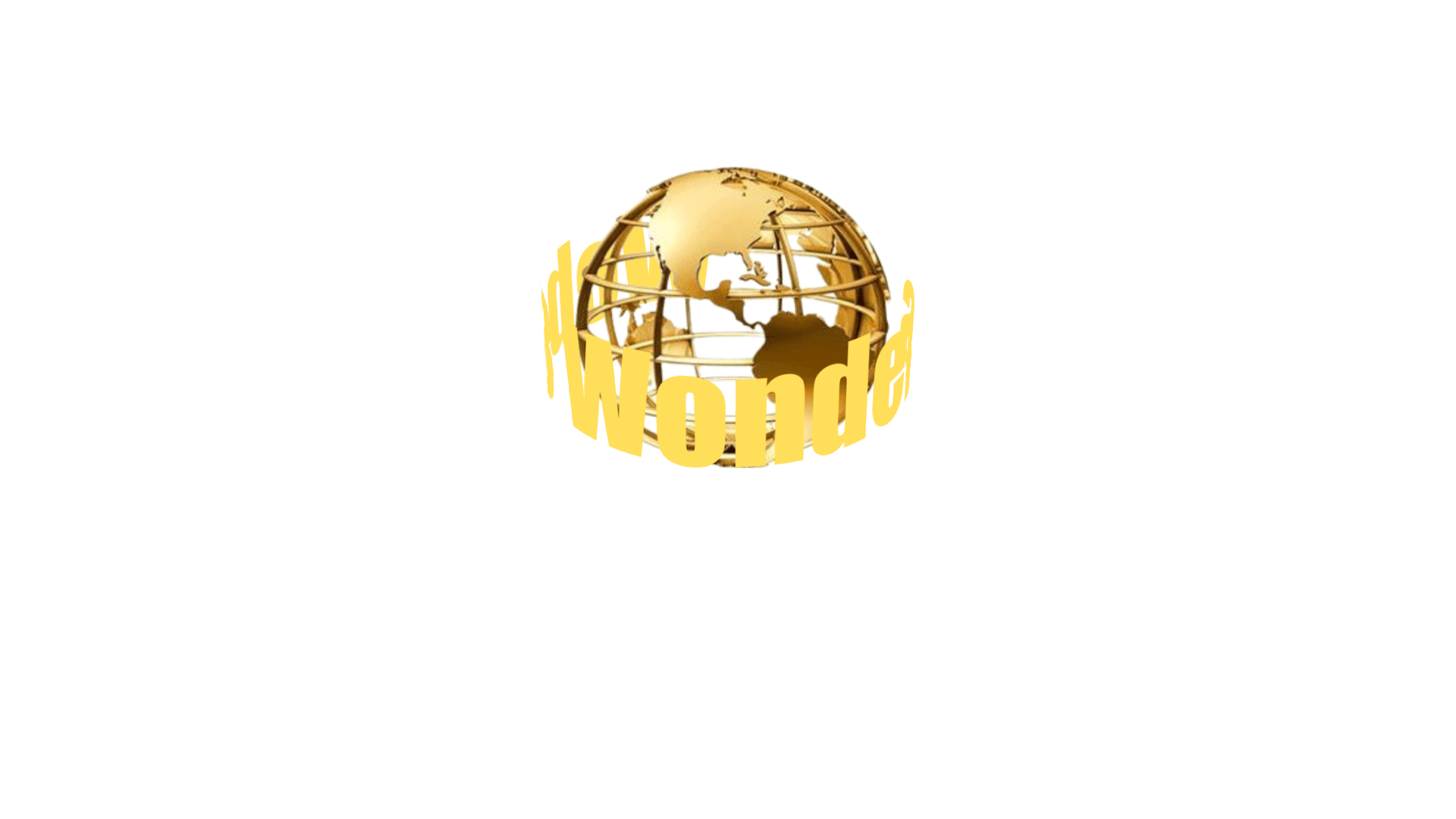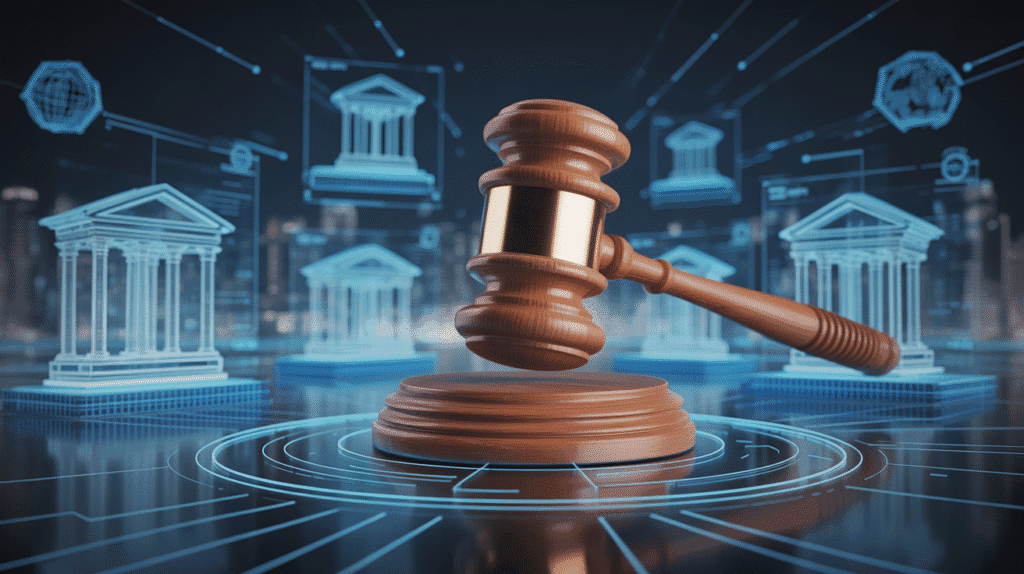As a traditional finance (TradFi) professional, you’re witnessing a seismic shift in how organizations manage decisions and resources. Decentralized Autonomous Organizations (DAOs) are redefining governance using blockchain technology, offering a transparent, democratic, and global framework for collaboration. Whether you’re exploring DeFi, tokenized assets, or new financial systems, understanding DAO terms is crucial for you to stay competitive in the Web3 era. This guide breaks down key DAO concepts in clear language, explains why they matter to your career, and includes a glossary tailored for TradFi readers.
Disclaimer: This article is for informational purposes only and does not constitute financial advice. Always conduct your own research (DYOR) and consult a financial advisor before engaging with DAOs or digital assets.
What Are DAOs?
DAOs are blockchain-based organizations governed by their members, not a central authority. Using smart contracts and tokens, DAOs enable collective decision-making across borders, making them ideal for managing funds, projects, or communities. For you, DAOs represent a new model for financial governance, offering opportunities to streamline operations, engage clients, and explore decentralized markets.
Key DAO Governance Terms for TradFi
Here’s your guide to essential DAO terms, designed to help you navigate Web3:
1. Smart Contracts
What They Are: Self-executing programs on a blockchain that automate actions when predefined conditions are met.
How They Work: Rules are coded into the contract, ensuring trustless execution (e.g., releasing funds after a vote).
Example: A DAO might use a smart contract to distribute dividends to token holders automatically.
Why It Matters to You: Smart contracts can automate financial processes like settlements or escrow, reducing costs and intermediaries in your operations.
2. Token-Weighted Voting
What It Is: A voting system where influence depends on the number of governance tokens held.
How It Works: More tokens mean more voting power (e.g., 10 tokens = 10 votes).
Example: In Uniswap’s DAO, UNI token holders vote on protocol upgrades.
Why It Matters to You: Understanding token-weighted voting helps you assess governance power in DeFi platforms or tokenized asset DAOs.
3. Governance Tokens
What They Are: Digital assets granting voting rights in a DAO’s decision-making process.
How They Work: Holders propose or vote on changes, like funding or protocol updates.
Example: The UNI token empowers Uniswap DAO members to shape the platform’s future.
Why It Matters to You: Governance tokens enable you to influence financial platforms or explore new investment models.
4. Quorum
What It Is: The minimum number or percentage of votes needed for a proposal to be valid.
How It Works: If quorum isn’t reached, the proposal fails.
Example: A DAO may require 50% of members to vote for a funding decision to pass.
Why It Matters to You: Quorum ensures decisions are representative, critical for evaluating DAO reliability in financial contexts.
5. Voting Mechanisms
What They Are: Systems defining how DAOs make decisions.
Types:
-
Single-choice voting: Pick one option.
-
Ranked voting: Prioritize options.
-
Quadratic voting: Balances influence to prevent token whales from dominating.
Example: Quadratic voting in a DAO might limit the power of large token holders.
Why It Matters to You: Voting systems affect how financial DAOs allocate resources, impacting your investments or operations.
6. Treasury
What It Is: A DAO’s shared pool of funds, typically in cryptocurrency, managed collectively.
How It Works: Members vote on spending, like funding projects or rewarding contributors.
Example: A DAO might allocate treasury funds for a new DeFi protocol.
Why It Matters to You: Treasuries mirror corporate budgets, offering insights into DAO financial health for investment decisions.
7. Forking
What It Is: Splitting a DAO into a new version due to disagreements on rules or decisions.
How It Works: A new blockchain or DAO is created with different protocols.
Example: A group forks a DAO to adopt stricter governance rules.
Why It Matters to You: Forks can affect the value or stability of DAO-related assets in your portfolio.
8. Snapshot
What It Is: A tool recording token balances or votes at a specific time for fair decision-making.
How It Works: Prevents vote manipulation by locking balances during voting.
Example: A snapshot ensures only Monday’s token holders vote on a proposal.
Why It Matters to You: Snapshots ensure transparency, critical for trusting DAO governance in financial applications.
9. Delegation
What It Is: Assigning your voting power to another member.
How It Works: Inactive members delegate tokens to trusted representatives.
Example: You delegate votes to a colleague who aligns with your financial strategy.
Why It Matters to You: Delegation allows you to participate in governance without constant involvement, fitting busy TradFi schedules.
10. Consensus
What It Is: Agreement among DAO members on proposals or decisions.
How It Works: A predefined threshold (e.g., 70%) ensures majority support.
Example: A DAO requires 70% consensus to fund a new project.
Why It Matters to You: Consensus ensures decisions align with collective interests, impacting the reliability of DAO-based financial systems.
Glossary for TradFi Professionals
To help you navigate DAOs as a TradFi professional, here’s a tailored glossary:
-
DAO (Decentralized Autonomous Organization): A blockchain-based entity governed by members via smart contracts, ideal for financial collaboration.
-
Smart Contract: An automated program executing financial agreements, like settlements or payouts, without intermediaries.
-
Governance Token: A digital asset granting voting rights in a DAO, enabling influence over financial protocols.
-
Token-Weighted Voting: A system where voting power scales with token ownership, relevant for DeFi governance.
-
Quorum: The minimum votes needed for valid DAO decisions, ensuring representative financial outcomes.
-
Voting Mechanism: Rules for DAO decision-making, impacting how financial resources are allocated.
-
Treasury: A DAO’s cryptocurrency fund, managed collectively, similar to a corporate budget.
-
Forking: Splitting a DAO into a new version, affecting asset value or governance stability.
-
Snapshot: A tool ensuring fair voting by locking token balances, critical for transparent financial governance.
-
Consensus: Agreement on DAO decisions, ensuring trust in financial or operational outcomes.
-
Blockchain: A decentralized ledger securing DAO transactions, vital for financial transparency.
-
DeFi (Decentralized Finance): Financial services on blockchains, bypassing banks for lending or trading.
-
Tokenized Assets: Digital representations of securities or assets, enabling fractional ownership in TradFi portfolios.
Why DAO Governance Matters to You
As a TradFi professional, DAOs are your gateway to the future of finance. They offer:
-
Transparency: Blockchain records ensure auditable decisions, enhancing client trust.
-
Efficiency: Smart contracts automate processes like fund allocation, cutting costs.
-
Innovation: DAOs enable participation in DeFi or tokenized asset markets, expanding your portfolio.
-
Global Reach: Engage with international financial communities without intermediaries.
By understanding DAO terms, you can confidently explore decentralized governance, integrate Web3 into your strategies, and stay ahead in a rapidly evolving industry. Whether you’re advising clients, managing assets, or seeking new opportunities, DAOs empower you to lead in the digital economy.
How to Get Started with DAOs
Ready to dive into DAOs? Here’s how you can begin:
-
Find a Relevant DAO: Explore DAOs in finance, like Uniswap or MakerDAO, that align with your goals.
-
Understand Tokens: Research governance tokens to assess voting power and risks.
-
Engage Actively: Propose ideas or vote to shape financial platforms or investments.
Start small, but don’t miss the chance to influence the future of finance.
Subscribe to Stay Ahead
Want to master DAOs and Web3? Subscribe to Web3WondersUS for beginner-friendly guides, expert insights, and updates on decentralized finance and governance. Join our community to:
-
Simplify complex blockchain concepts.
-
Discover how DAOs impact TradFi.
-
Stay informed on Web3 innovations.
Sign up now and lead the charge in the decentralized revolution!
Disclaimer: Not Financial Advice
This guide is for informational purposes only and does not constitute financial advice. Engaging with DAOs, DeFi, or digital assets involves risks, including price volatility, scams, and lockup periods. Always do your own research (DYOR) and consult a licensed financial advisor before participating. Take control of your financial journey with caution and curiosity in the dynamic Web3 universe.


Animalitomicasino, qué nombre tan peculiar! Pero la verdad es que tienen una buena selección de juegos y una interfaz amigable. Un buen lugar para probar suerte. Entra a animalitomicasino.
Man, having the S666app8 on my phone is a game-changer. Quick access to all my favorite games, wherever I am. Download it here: s666app8.
Jilibeeslot brings the sweetness! Love the cute theme and the slots are fun. Won a little bit already, sana mas marami pa The payout odds seem promising. Go give it a spin Try your luck today! jilibeeslot
Decided to give bet169 a try, and honestly, I’m digging it. The platform is easy to use, and they have a good range of betting markets. The customer support was also pretty responsive when I had a question. Check out bet169 and see for yourself!
Alright, winpkrlogin seems interesting. Logging in and ready to roll! Can’t wait to see what kind of games they offer. Start playing winpkrlogin
No problem logging in to Phcash! Easy and quick to do. If anyone’s looking for a smooth access, try: phcashlogin
Alright, mates! Checked out da88 and it’s not bad, ya know? Games are decent, and the site’s easy enough to muck around on. Give it a burl! Check it out here: da88